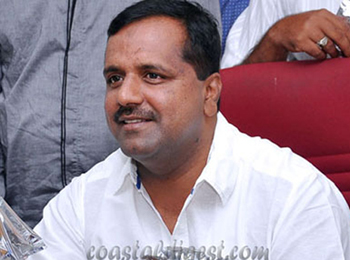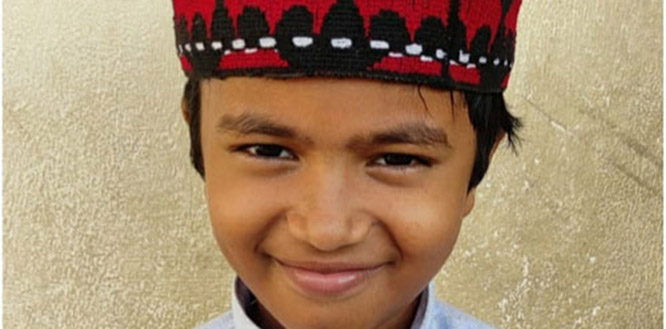Mangaluru, Aug 29: Minister for Health and Family Welfare UT Khader said that an early intervention centre (EIC) was inaugurated inside Sir C V Raman General Hospital in the state capital on Saturday, to conduct screening test for newborns in order to detect genetic, endocrine and metabolic disorders at an early stage.

Addressing media persons in the city on Saturday, he said that all newborns at the district government hospital would be screened for certain genetic, endocrine and metabolic disorders using a few drops of blood from the newborn. Since certain genetic diseases and metabolic disorders (including congenital hypothyroidism, adrenal hyperplasia and phenylketonuria) could prove fatal, if undetected, the screening will be conducted to test for such disorders as early intervention will be helpful, he said.
He said that under the National Health Mission (NHM), the state health and family welfare department would issue an order for mandatory screening of newborns in all district government and private hospitals. Once this is done, Karnataka will become the second state in the country to start screening newborns for genetic, endocrine and metabolic disorders which can be detected through a blood test, informed Mr Khader.
This will apply to all infants born in all district hospitals in the state. Blood samples of newborns will be collected on a dry filter paper from the district hospitals and sent to the EIC in Bengaluru, where the blood will be tested for five specific genetic and metabolic disorders. For private hospitals across the state, screening will be made mandatory for all newborns, which will be charged at a minimum rate of Rs 512 fixed by the health department, he told media persons.
The newly-inaugurated EIC in Bengaluru will enable screening of nearly 2,000 infants each day and around 75,000-80,000 infants each month, he said.
Thermal ablation treatment for uterus problems
Mr Khader said that a new technique called thermal ablation (endometrial ablation) would be used to treat abnormal uterine bleeding in women. In this technique, there will be no necessity to operate on the patients, and there are fewer complications. This treatment will be done free of cost in all district hospitals in the state, he informed, adding that the treatment facility could be extended to rural hospitals if need arises.








Comments
Add new comment